-
About
- Kyoto Prize
-
Research Grants
-
News
About
Research Grants
News
It is our belief that diversity and originality play key roles in nurturing genuine learning. The Inamori Research Grants Program supports researchers who come from diverse backgrounds and are working on proprietary research by granting 1 million yen to each researcher, thus providing opportunities to verify the feasibility of numerous ideas.
The annual Inamori Research Grants Program was launched in 1985 to support research works by scholars in Japan with the aim of fostering human resources capable of contributing to the future of human society. Recipients are chosen from a wide range of research areas, across the fields of the natural, human, and social sciences. Grants are selected by a screening committee comprising leading authorities in the relevant fields of research. These elite scholars, chosen from among many applicants through a rigorous selection process, are expected to play leading roles in their respective fields.
The Seiwa Scholars Society (3S in short) was established in 1997 with the aim of encouraging the recipients of the Inamori Research Grants in their research pursuits by providing them with opportunities to get to know, befriend, and inspire one another. This program is also prompted by the increasing importance of a horizontal and interdisciplinary perspective in today’s academic world, whose landscape has become fragmented through specialization. Members of 3S learn about each other across the diverse areas of study they represent - spanning the natural sciences, humanities and social sciences - through 3S Meeting, e-mail magazines and web articles.
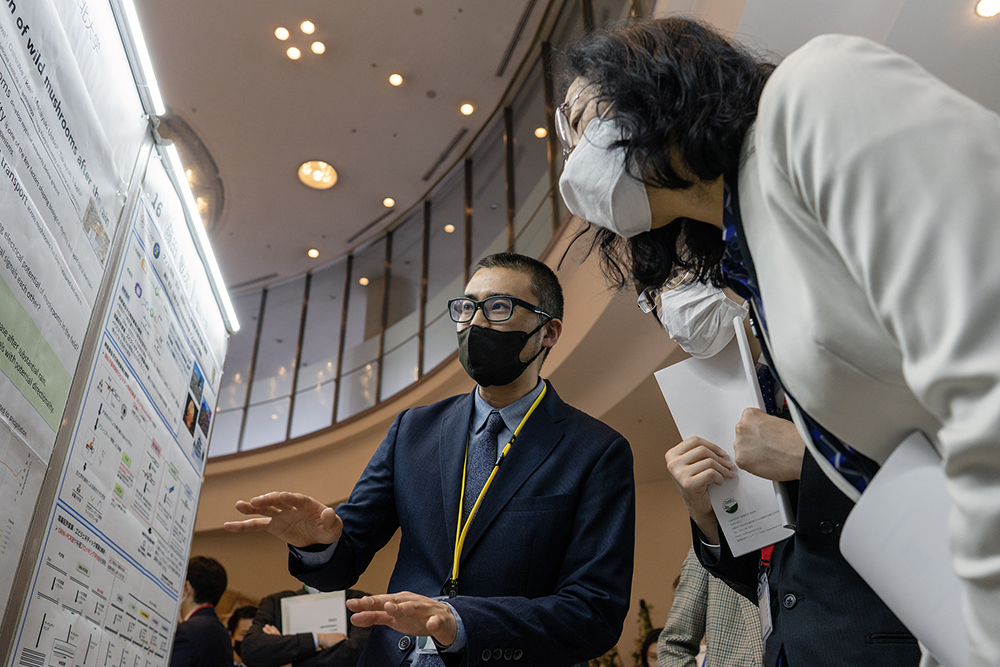
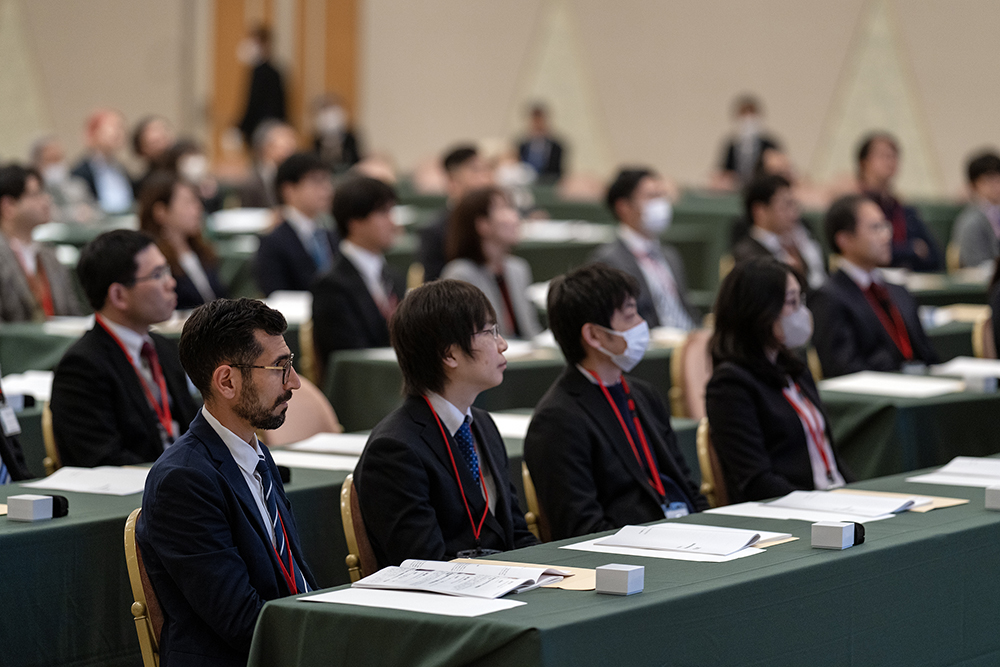
An e-mail magazine called “3S Mail Magazine” is published several times a year. A web article called “Visiting 3S Researchers” is regularly posted on our website.
・Article Series “Visiting 3S Researchers”
Interview series with 3S members in various fields featuring their backgrounds, current research, and future prospects.

The Inamori Foundation announced the 50 recipients of the 2025 Inamori Research Grants on March 7, 2025. Out of 405 applicants (natural sciences: 319; humanities and social sciences: 86), 40 from the field of natural sciences and 10 from the field of humanities and social sciences were selected through the rigorous selection.
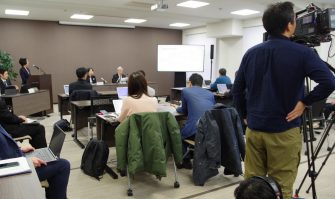
The Inamori Research Grants Program, which has been held annually since 1985, will introduce two new courses, "Incubate" and "Accelerate," starting from 2025. These new courses aim to expand and enrich the program.
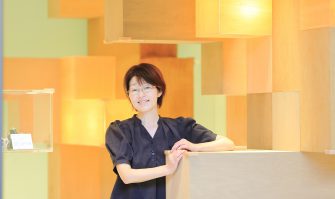
In the series "Visiting 3S Researchers," we interview researchers in 3S who are very active in a variety of fields. The 14th interview is with Dr. Megumi Sasaki (2022 Inamori Research Grant Recipient) from Health Care Center, Japan Advanced Institute of Science and Technology.
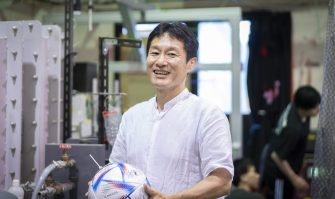
We had the privilege of visiting Dr. Kazuya Seo of Kogakuin University of Technology & Engineering, who kindly shared insights into his research in sports engineering, a scientific discipline that studies the world of sports.
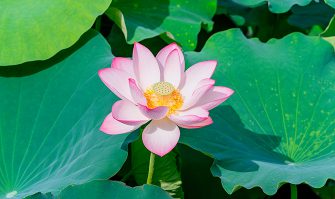
The Inamori Foundation opened the applications for the 2025 Inamori Research Grants on July 1, 2024. The application is open until July 31, 2024, 17:00 (JST).
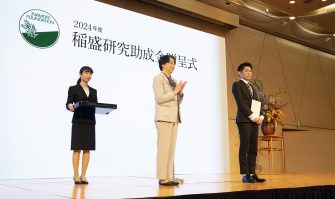
On April 13, a ceremony was held at The Prince Kyoto Takaragaike (Sakyo-ku, Kyoto) for the Inamori Research Grant, which supports researchers in the natural sciences, humanities, and social sciences. The ceremony was followed by a social gathering for the Seiwa Scholars Society (3S), which aims to promote exchange among grant recipients.